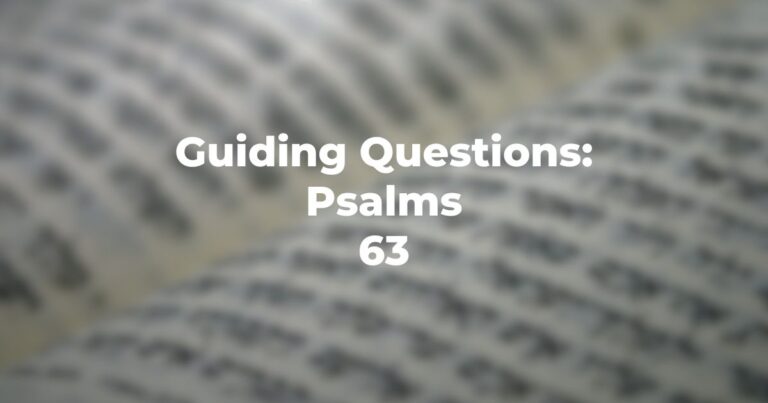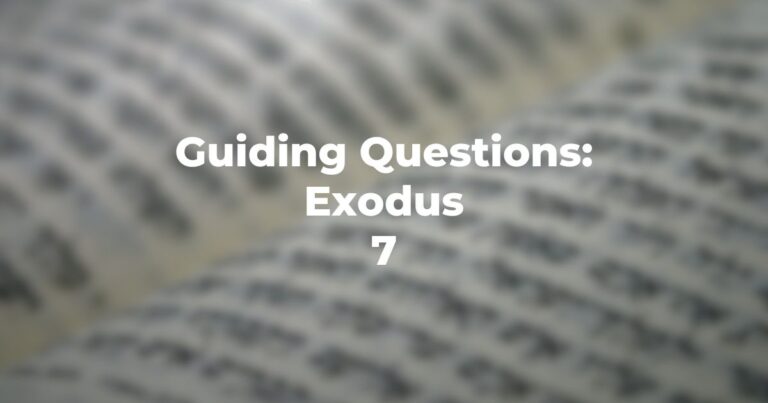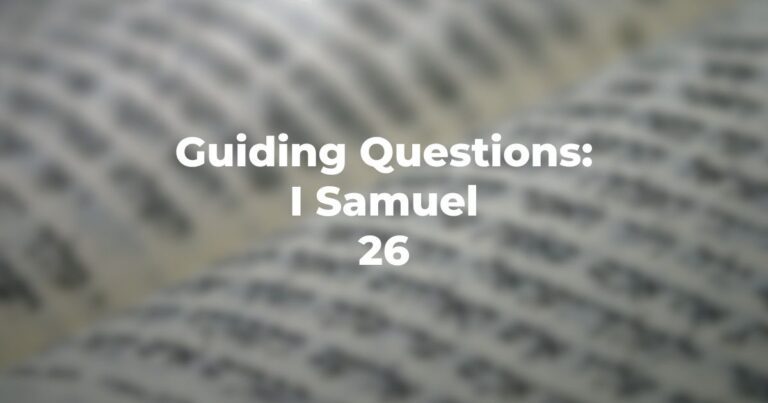- Does text explain how, in the wilderness, the tribes of Reuben and Gad could have developed such large numbers of cattle?
- To whom do the representatives of these tribes bring their requests to inherit the land to the east of Canaan?
- What is Moses’ immediate response?
- What historical reference does he make to justify his negative reaction?
- Who (Numbers 32:11) are the only ones of those leaving Egypt who will enter Canaan?
- What is Moses’ conclusion to his response (Numbers 32:14-15)?
- Have the leaders of Reuben and Gad implied in their original request what they now promise (Numbers 32:16–18)?
- However, what is the position that they insist upon, one way or the other (Numbers 32:19)?
- Is Moses prepared to accept the (expanded? revised?) commitment?
- Does Moses (according to Numbers 32:28 et seq) expect to cross into Canaan—so that he can see to the two tribes living up to their commitment?
- Who, in addition to these two tribes, is granted the east bank (Numbers 32:33)?
- As the chapter ends, how many of the tribes are eventually to divide Canaan (west of the Jordan)?
- Would this chapter indicate that cattle raising was not the “major occupation” of the (other) Israelites?
Author
-

Exploring Judaism is the digital home for Conservative/Masorti Judaism, embracing the beauty and complexity of Judaism, and our personal search for meaning, learning, and connecting. Our goal is to create content based on three core framing: Meaning-Making (Why?), Practical Living (How?), and Explainers (What?).
View all posts




